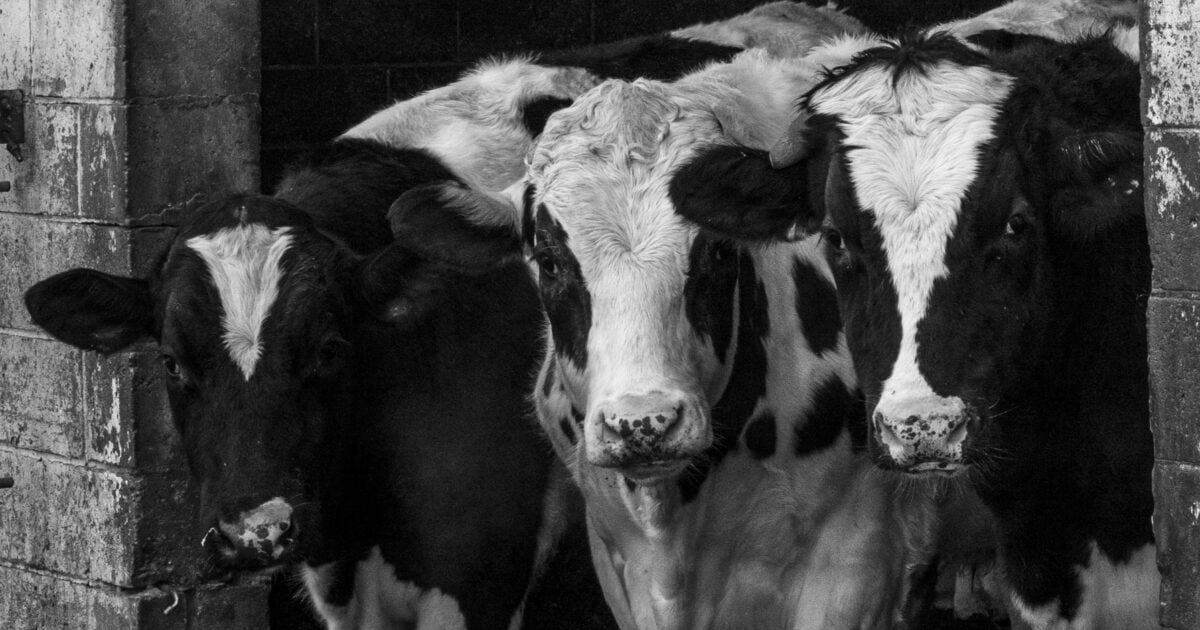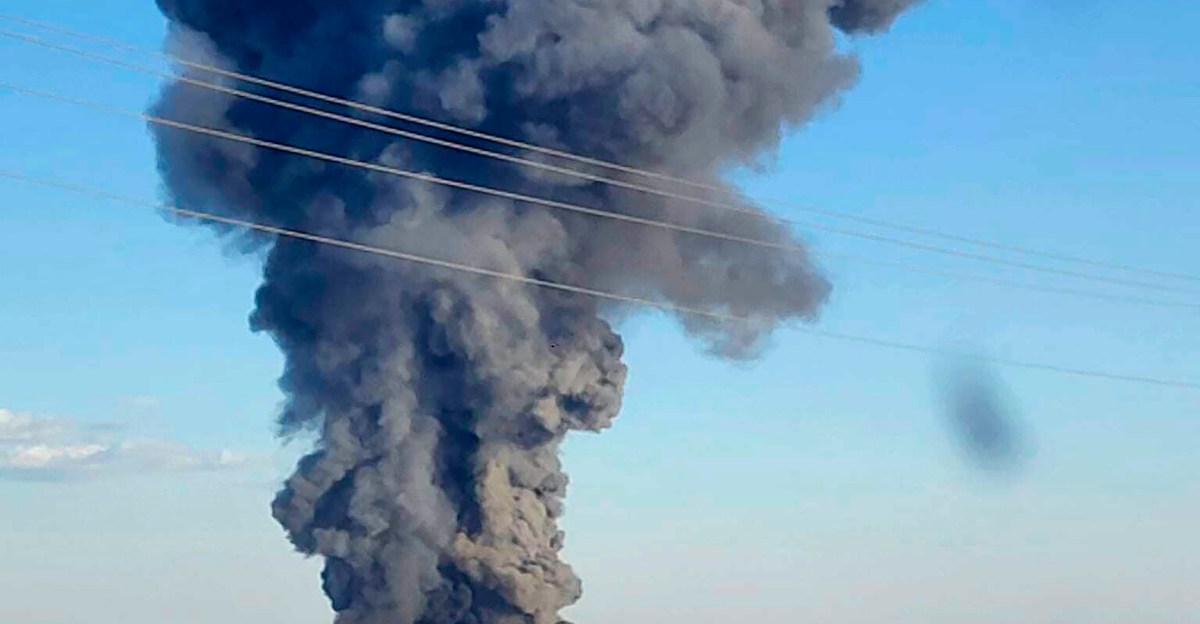Is there an option to read the zines in page order on screen, instead of in a format meant for printing?
Plants have a rich variety of interactions with their environment, including adaptive responses mediated by electrical signaling. This has prompted claims that information processing in plants is similar to that in animals and, hence, that plants are ...

"... plants lack the neural anatomy and all behaviors that would indicate pain. By explaining the ubiquitous and diverse effects of anesthetics, we discuss whether these substances provide any empirical or logical evidence for 'plant consciousness' and whether it makes sense to study the effects of anesthetics on plants for this purpose. In both cases, the answer is a resounding no."
"Previous research about the presence of swine CAFOs shows a disproportionately high concentration of the industry in communities of color despite the declining number of black farmers in the southeastern United States."
"... swine CAFO emissions and any inhalable exposures, including odorant and nonodorant chemicals and respirable organic dusts, that correlate with odor disproportionately affect a population of children and adults who, regardless of their livestock-related exposures, may be predisposed to asthma-related health outcomes and other illnesses for reasons largely attributable to their economic disadvantage."
Dairy farms are some of the most dangerous job sites in America. Much of the labor is done by immigrants working on small farms that operate with little safety oversight.

A series of articles about worker exploitation in the American dairy industry
A Masters of Beef Advocacy program teaches ‘scientific sounding’ arguments on cattle’s sustainability in an all-out public relations war

The world can't afford the rise in global beef consumption that experts predict - while wealthier nations, whose residents have the most emissions-intensive diets, could make rapid climate gains by choosing to eat less.
This narrative is one that industry-aligned interests badly want to extinguish. Through blog posts, videos, educational assets, op-eds, TV ads, social media campaigns, trained influencers and other channels - many described here for the first time - the industry is trying to convince us all of what the science definitely doesn't show: that dietary change has no role in climate strategy.
Far more animals than previously thought likely have consciousness, top scientists say in a new declaration — including fish, lobsters and octopus.

Far more animals than previously thought likely have consciousness, top scientists say in a new declaration — including fish, lobsters and octopus.
(Of course there's someone at the end of the article still trying to rationalize murder as "humane")
Factory farming’s disaster problem, explained.

Fires on large-scale animal farms, or factory farms, are surprisingly common. Over the last decade, at least 6.5 million farmed animals, mostly chickens, perished in barn fires in the US, according to Washington, DC-based nonprofit Animal Welfare Institute (AWI).